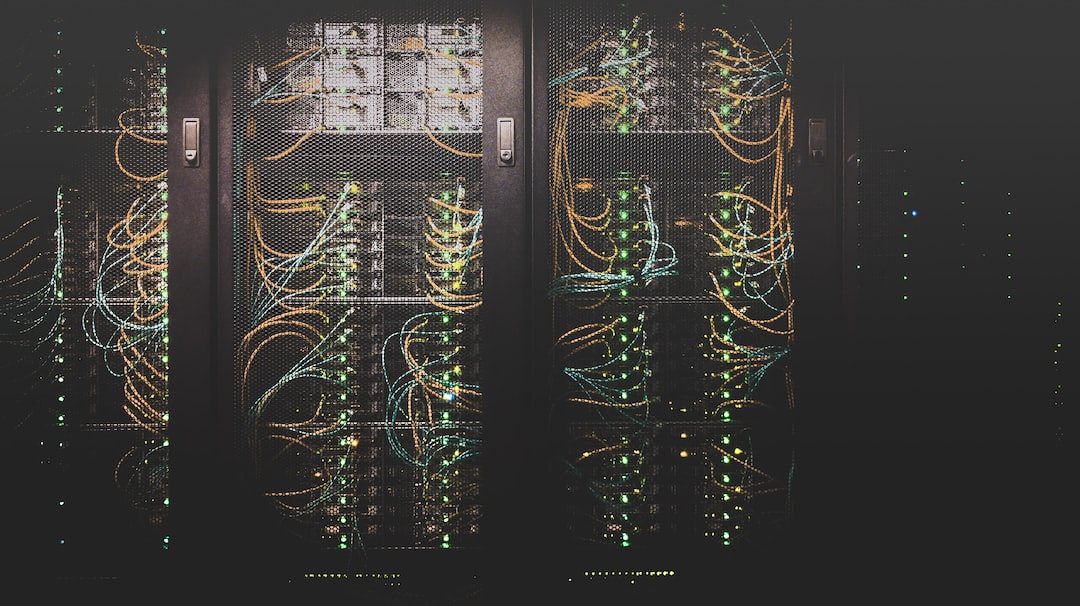The Rise of Smart Homes and Their Impact on Daily Living
Technology has always had a profound impact on our daily lives. From the invention of the telephone to the Internet, advances in technology have made our lives more connected and convenient. In recent years, we have witnessed the rise of smart homes and their impact on daily living. These intelligent homes are changing the way we live, making our lives easier, more efficient, and more comfortable.
Smart homes are equipped with various devices and systems that are connected to the internet, allowing homeowners to control and automate their homes from anywhere in the world. With just a few taps on a smartphone or a voice command to a smart assistant like Amazon Alexa or Google Home, homeowners can control their lights, thermostats, security systems, and even appliances.
One of the main advantages of smart homes is increased convenience. Imagine being able to turn off all the lights in your house with a simple voice command or adjusting the temperature before you arrive home from work. Smart homes allow homeowners to control various aspects of their homes remotely, reducing the need for physical interactions and reducing energy waste.
Energy efficiency is another significant impact of smart homes on daily living. By automating lights, thermostats, and other devices, homeowners can reduce energy consumption when they are not in a particular room or area of the house. Smart thermostats like Nest or ecobee can learn your patterns and adjust the temperature accordingly, saving you money on your energy bills.
Smart homes also enhance security and safety. With intelligent security systems, homeowners can remotely monitor their homes through video cameras, receive notifications when someone enters or leaves their property, and even control access to their homes using smart locks. This allows homeowners to have peace of mind and ensure the safety and security of their loved ones, even when they are away.
The rise of smart homes has also revolutionized entertainment and home theater systems. With a smart home, you can control your TV, sound system, and streaming services without needing multiple remotes. Some systems even integrate with virtual reality and allow you to immerse yourself in a whole new level of entertainment.
Furthermore, smart homes contribute to a healthier living environment. With the ability to monitor air quality, humidity, and other environmental factors, homeowners can ensure a healthy indoor environment. Smart homes can also remind you to drink water, take breaks, or even track your sleep patterns, helping you maintain a healthier lifestyle.
However, the rise of smart homes also raises concerns about privacy and data security. Connecting our homes to the internet means that our personal information is vulnerable to cyber-attacks. This issue emphasizes the need for strong security measures and responsible use of technology to protect our privacy.
In conclusion, the rapid rise of smart homes has had a significant impact on daily living. These intelligent homes offer increased convenience, energy efficiency, security, and entertainment. They also contribute to a healthier living environment. However, it is crucial to address concerns around privacy and data security to ensure the responsible use of these technologies. As smart homes continue to evolve, their impact on daily living will undoubtedly grow, transforming the way we interact with our homes and shaping the future of our lives.

